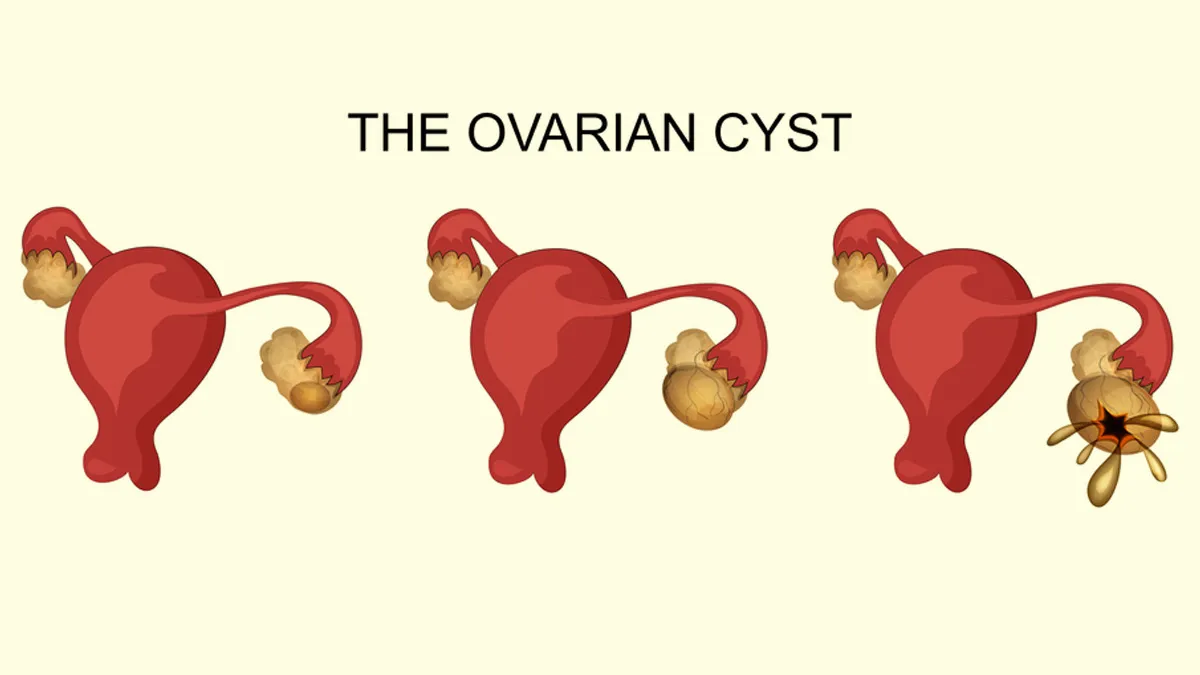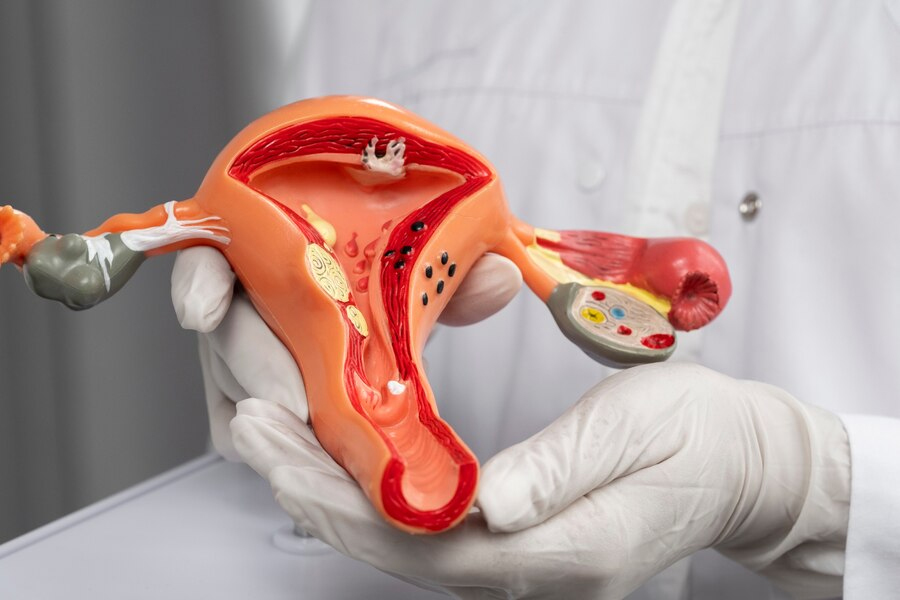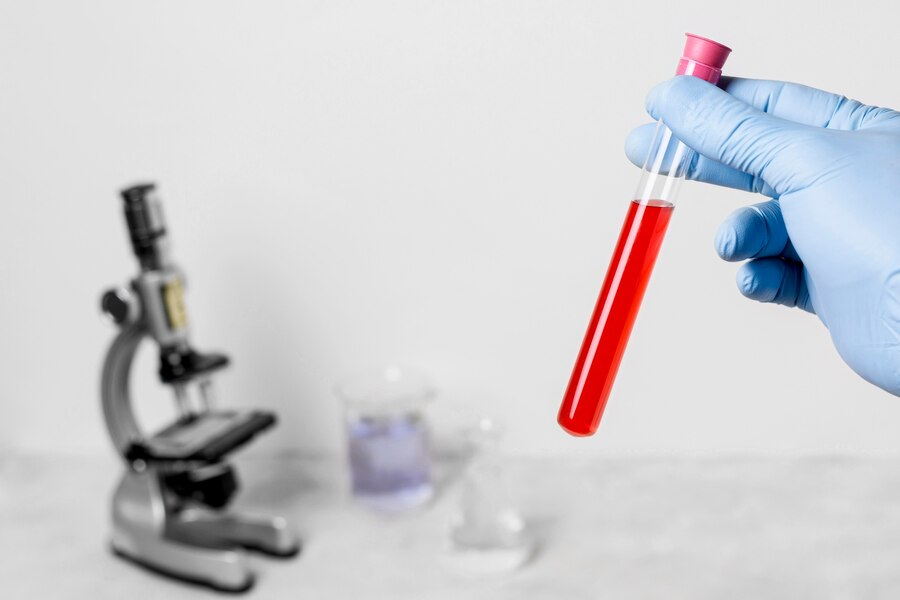
Have you ever felt a sudden, sharp pain in your lower abdomen and wondered what might be causing it? For many women, this could be the unexpected result of a ruptured ovarian cyst. Ovarian cysts are fluid-filled sacs that can form inside or on the outer surface of an ovary. These cysts are quite common among women of reproductive age, and most of them are benign, often resolving on their own without intervention. However, complications arise when a cyst ruptures, releasing its contents into the pelvic cavity.
Table of Content:-
We spoke to Dr Gandhali Deorukhkar, Consultant - Obstetrics and Gynaecology, Wockhardt Hospitals, Mumbai Central, who explained its symptoms, causes, diagnosis, and treatment.
Symptoms of a Ruptured Ovarian Cyst
The experience of a ruptured ovarian cyst varies greatly depending on factors like its size, contents, and whether it causes bleeding. Below are the common signs listed by Dr Deorukhkar:

- Sudden, Sharp Pain: The most notable symptom is an intense, sharp pain localised to one side of the lower abdomen, corresponding to the affected ovary. This pain can come on suddenly and may vary in intensity.
- Pelvic Discomfort: Some individuals report dull, persistent pain or pressure in the pelvic region. This discomfort may last for hours or days after the rupture.
- Bleeding: A ruptured cyst can cause vaginal spotting or even significant bleeding if it involves major blood vessels. Heavy bleeding may require immediate medical attention.
- Gastrointestinal Symptoms: The fluid or blood released into the pelvic cavity can irritate surrounding tissues, leading to nausea, vomiting, or bloating.
- Other Symptoms: In extreme cases, internal bleeding caused by a ruptured cyst can result in dizziness, fainting, rapid heartbeat, or even shock. These symptoms indicate a medical emergency requiring urgent care.
Causes and Risk Factors
Ruptured ovarian cysts can occur for various reasons, often influenced by physical and hormonal factors. Dr Deorukhkar listed some of the common causes and risk factors as follows:

- Physical Activities or Trauma: Intense physical exertion, heavy lifting, or abdominal trauma can sometimes lead to the rupture of a cyst.
- Hormonal Fluctuations: Cysts that form during ovulation, known as functional cysts, are particularly susceptible to rupture due to hormonal changes.
- Size of the Cyst: Larger cysts are more prone to rupture than smaller ones.
- Underlying Medical Conditions: Conditions like Polycystic Ovary Syndrome (PCOS) or endometriosis can increase the likelihood of developing ovarian cysts, some of which may rupture.
Diagnosis and When to Seek Help
According to the Office on Women's Health (OASH), most ovarian cysts develop naturally as part of the menstrual cycle and are typically benign and harmless. In rare cases, however, ovarian cysts can be cancerous.
Timely diagnosis is crucial for managing a ruptured ovarian cyst effectively. If you experience sudden or severe pelvic pain, it is essential to seek immediate medical attention. Physicians may use a combination of diagnostic tools, including:

- Ultrasound Imaging: To visualise the cyst and detect fluid in the pelvic cavity.
- Blood Tests: To diagnose anaemia or infection.
- Physical Examination: To assess tenderness or other abnormalities in the pelvic region.
According to Johns Hopkins Medicine, some ruptured ovarian cysts can cause heavy bleeding and need immediate medical attention. In severe cases, significant blood loss can reduce blood flow to organs and, in rare instances, be life-threatening. The majority of ovarian cysts do not burst. However, ruptures are more likely to happen during vigorous physical activity or sexual intercourse. If you have a condition that makes you prone to easy bleeding, surgery might be required for a ruptured cyst.
Treatment Options
The treatment for a ruptured ovarian cyst depends on the severity of symptoms and complications:

- Mild Cases: Rest, hydration, and over-the-counter pain relievers like ibuprofen may suffice for managing mild symptoms.
- Severe Cases: If the rupture leads to significant internal bleeding, infection, or unbearable pain, hospitalisation may be necessary. Treatment could involve intravenous fluids, blood transfusions, or surgical interventions like laparoscopy to control bleeding and remove the cyst.
- Preventive Measures: For individuals prone to recurrent cysts, hormonal contraceptives might be recommended to regulate ovulation and reduce the likelihood of cyst formation.
[Disclaimer: This article contains information provided by an expert and is for informational purposes only. Hence, we advise you to consult your professional if you are dealing with any health issues to avoid complications.]
Also watch this video
Read Next
Do Women Experience Heart Attacks Differently? Expert Shares 5 Silent Signs That Go Unnoticed
How we keep this article up to date:
We work with experts and keep a close eye on the latest in health and wellness. Whenever there is a new research or helpful information, we update our articles with accurate and useful advice.
Current Version